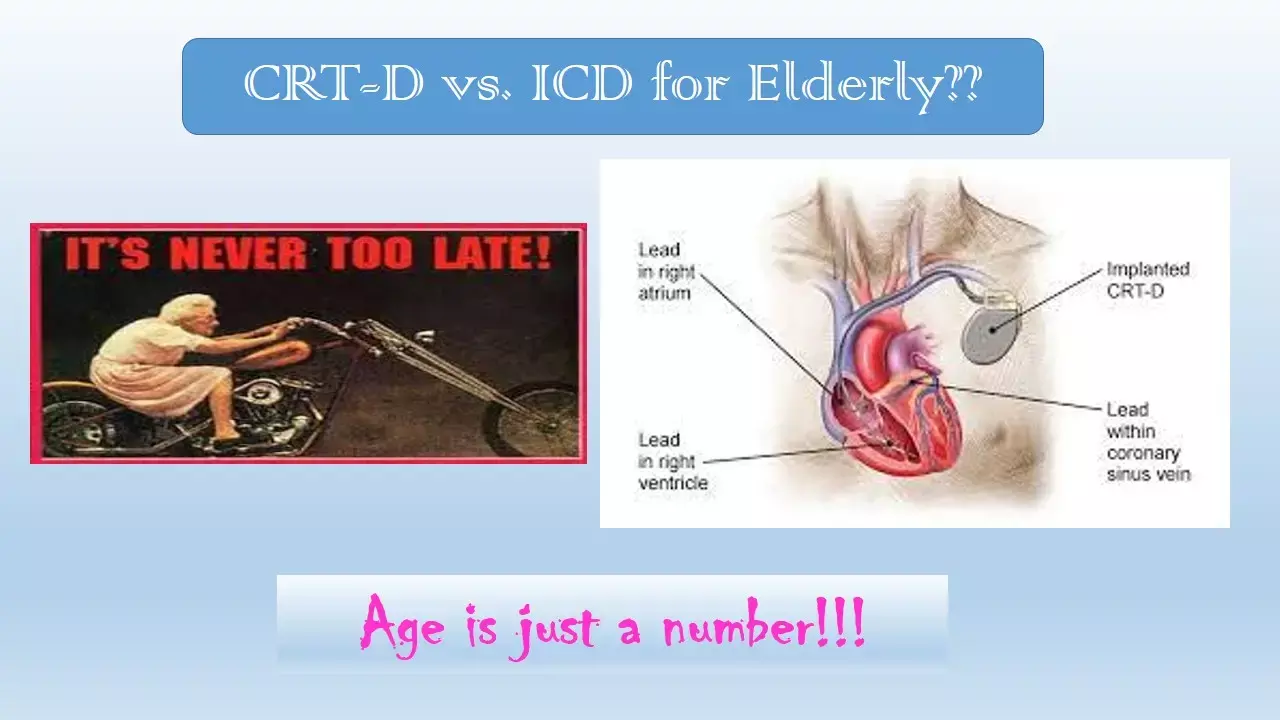- Home
- Medical news & Guidelines
- Anesthesiology
- Cardiology and CTVS
- Critical Care
- Dentistry
- Dermatology
- Diabetes and Endocrinology
- ENT
- Gastroenterology
- Medicine
- Nephrology
- Neurology
- Obstretics-Gynaecology
- Oncology
- Ophthalmology
- Orthopaedics
- Pediatrics-Neonatology
- Psychiatry
- Pulmonology
- Radiology
- Surgery
- Urology
- Laboratory Medicine
- Diet
- Nursing
- Paramedical
- Physiotherapy
- Health news
- Fact Check
- Bone Health Fact Check
- Brain Health Fact Check
- Cancer Related Fact Check
- Child Care Fact Check
- Dental and oral health fact check
- Diabetes and metabolic health fact check
- Diet and Nutrition Fact Check
- Eye and ENT Care Fact Check
- Fitness fact check
- Gut health fact check
- Heart health fact check
- Kidney health fact check
- Medical education fact check
- Men's health fact check
- Respiratory fact check
- Skin and hair care fact check
- Vaccine and Immunization fact check
- Women's health fact check
- AYUSH
- State News
- Andaman and Nicobar Islands
- Andhra Pradesh
- Arunachal Pradesh
- Assam
- Bihar
- Chandigarh
- Chattisgarh
- Dadra and Nagar Haveli
- Daman and Diu
- Delhi
- Goa
- Gujarat
- Haryana
- Himachal Pradesh
- Jammu & Kashmir
- Jharkhand
- Karnataka
- Kerala
- Ladakh
- Lakshadweep
- Madhya Pradesh
- Maharashtra
- Manipur
- Meghalaya
- Mizoram
- Nagaland
- Odisha
- Puducherry
- Punjab
- Rajasthan
- Sikkim
- Tamil Nadu
- Telangana
- Tripura
- Uttar Pradesh
- Uttrakhand
- West Bengal
- Medical Education
- Industry
Cardiac resynchronization therapy has better survival than ICD in eligible elderly patients: JACC study

Despite growing numbers of older patients with heart failure with reduced ejection fraction (HFrEF), the benefits of CRT in this group are largely unknown because interventionists prefer implanting an ICD device due to concerns over complication rates with CRT in this age group.
A recent study published in JACC CE challenges this belief and has shown that CRT-D implantation is associated with a lower hazard of mortality in patients ≥74 years of age and lower hazard of HF hospitalization in those ≥85 years of age. These findings support the use of CRT in eligible older patients undergoing ICD implantation.
Zeitler et al did a retrospective analysis of patients ≥65 years of age with HFrEF who had undergone CRT-D or ICD implantation between January 2008 to August 2015. Beneficiaries were divided by age (65-74, 75-84, and 85+ years), and outcomes were compared between the CRT-D and ICD groups after inverse probability weighting.
The authors found that all-cause mortality was high in both groups: 18% to 33% of patients in each age cohort were dead within 1 year of device implantation.
Survival rates were higher among patients undergoing CRT-D implantation compared with ICD implantation in the older cohorts (ages 75-84 and ≥85), but not in the younger cohort (ages 65-74).
Notably, HF hospitalization was less frequent among beneficiaries receiving CRT-D implantation compared with ICD implantation in the oldest cohort (≥85+ years) but not in the younger cohorts.
Finally, procedure-related complications were frequent, occurring in 15% to 20% of patients, but serious complications resulting in predischarge death were infrequent.
This study is an important addition to the literature on comparative outcomes between CRT-D and ICD therapy in an elderly cohort. In contrast to most large published clinical trials of CRT, the average age in this cohort (76 years) was significantly older.
Although the reason for this observed difference is not entirely clear but since an ICD reduces risk of sudden cardiac death (SCD) caused by an arrhythmic etiology, whereas CRT-D improves quality of life and reduces mortality from either SCD or HF and thus may have generated better outcomes.
"This approach (preferring ICD for elderly eligible for CRT) is not supported by the study findings: ICD implantation rather than CRT-D was associated with worse short- and long-term outcomes and there appeared to be little if any increased risk of procedure-related complications among those undergoing CRT-D compared with ICD across age groups", note Atwater et al in an accompanying editorial.
Source: JACC Clinical Electrophysiology:
1. DOI: 10.1016/j.jchf.2021.10.012
2. DOI: 10.1016/j.jchf.2021.12.002
MBBS, MD , DM Cardiology
Dr Abhimanyu Uppal completed his M. B. B. S and M. D. in internal medicine from the SMS Medical College in Jaipur. He got selected for D. M. Cardiology course in the prestigious G. B. Pant Institute, New Delhi in 2017. After completing his D. M. Degree he continues to work as Post DM senior resident in G. B. pant hospital. He is actively involved in various research activities of the department and has assisted and performed a multitude of cardiac procedures under the guidance of esteemed faculty of this Institute. He can be contacted at editorial@medicaldialogues.in.
Dr Kamal Kant Kohli-MBBS, DTCD- a chest specialist with more than 30 years of practice and a flair for writing clinical articles, Dr Kamal Kant Kohli joined Medical Dialogues as a Chief Editor of Medical News. Besides writing articles, as an editor, he proofreads and verifies all the medical content published on Medical Dialogues including those coming from journals, studies,medical conferences,guidelines etc. Email: drkohli@medicaldialogues.in. Contact no. 011-43720751


